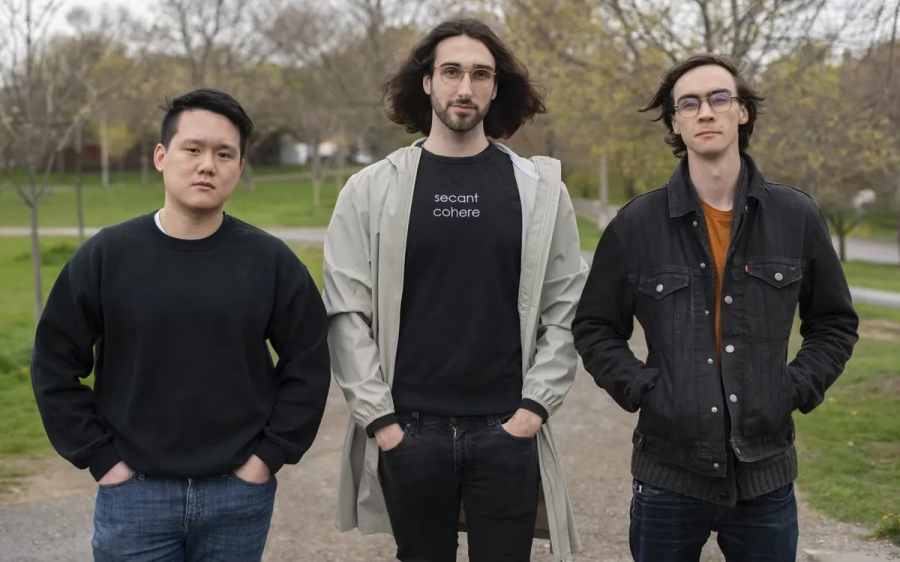AI startup Cohere raises $270 million in funding to take on OpenAI ChatGPT; now valued at $2.2 billion

Cohere, a tech startup specializing in AI foundation models, has recently secured an impressive $270 million in funding. This funding round attracted support from renowned investors, including Nvidia, Oracle, and Salesforce Ventures.
While the exact valuation of Cohere remains undisclosed, insiders familiar with the deal indicated that the company is currently valued at $2.2 billion. The significant investment and backing from prominent industry players highlight the growing recognition and potential of Cohere in the competitive landscape, where it competes with industry-heavyweight OpenAI, supported by Microsoft.
The news comes just four months after a report that Toronto-based tech startup was in talks to raise hundreds of millions of dollars in funding round that could push its valuation more than $6 billion as race for regenerative AI heats up.
Martin Kon, president at Cohere, said the company will use the fresh capital infusion to purchase computing resources and hire more staff.
In an interview, Kon said: “We’re independent. We did not and we would not take a huge check from a single company, especially not a huge check from a single cloud provider, because we think that would constrain us from doing the right things for our business and our enterprise customers.”
Cohere was founded in 2019 by former Google Alphabet researchers Aidan Gomez, Ivan Zhang, and Nick Frosst to harness the power of language understanding to generate, categorize and organize text at a scale that was previously unimaginable. According to investors, the startup has quickly risen through the AI startup ranks given its intensive research background and close ties to Google.
In recent months, investors have poure billions of dollars into generative AI startups following the suddent success of OpenAI ChatGPT, an OpenAI dialogue-based AI chatbot that reached 100 million monthly active users in January just two months after launch, making it the fastest-growing consumer application in history.
Foundation models is a term first popularized by the Stanford Institute for Human-Centered Artificial Intelligence to describe AI systems that are trained on large sets of data, with the ability to learn from new data to perform a variety of tasks. Unlike traditional AI, the goal of generative AI is to make human-like creations through computer code that has processed vast amounts of data.
Foundation models are AI systems that are trained on large sets of data, with the ability to learn from new data to perform a variety of tasks. Generative AI aims to make human-like creations through computer code that has processed vast amounts of data.
Cohere has strategically positioned itself as a neutral provider, offering enterprises the opportunity to utilize models that are not tied to specific cloud providers such as Microsoft. By providing this flexibility, Cohere aims to empower businesses to leverage the power of foundation models without being locked into any particular cloud ecosystem.
Cohere’s approach represents a significant shift in the AI landscape, allowing companies to explore and harness the potential of foundation models while maintaining their independence from specific cloud platforms. This approach not only fosters innovation but also promotes a more diverse and open AI ecosystem for enterprises.
Meanwhile, Cohere is the latest in a series of AI tech startups that have raised billions in funding as investors look for the next OpenAI and try to cash in from the last AI gold rush.
On January 23, Microsoft announced a new multi-billion dollar investment in ChatGPT-maker OpenAI following the $1 billion investment the software giant made in 2019. Microsoft declined to provide a specific dollar amount. However, as we reported earlier in back January, Microsoft was in talks to invest $10 billion in exchange for a 49% stake in the company. Just five days after its launch, ChatGPT crossed one million users, according to a post by Open AI co-founder Sam Altman. To put that in perspective, it took Netflix 3.5 years, Facebook 10 months, Spotify 5 months, and Instagram 2.5 months to reach the one million users mark. It took about nine months after its global launch for the popular short video app TikTok to add 100 million users.

